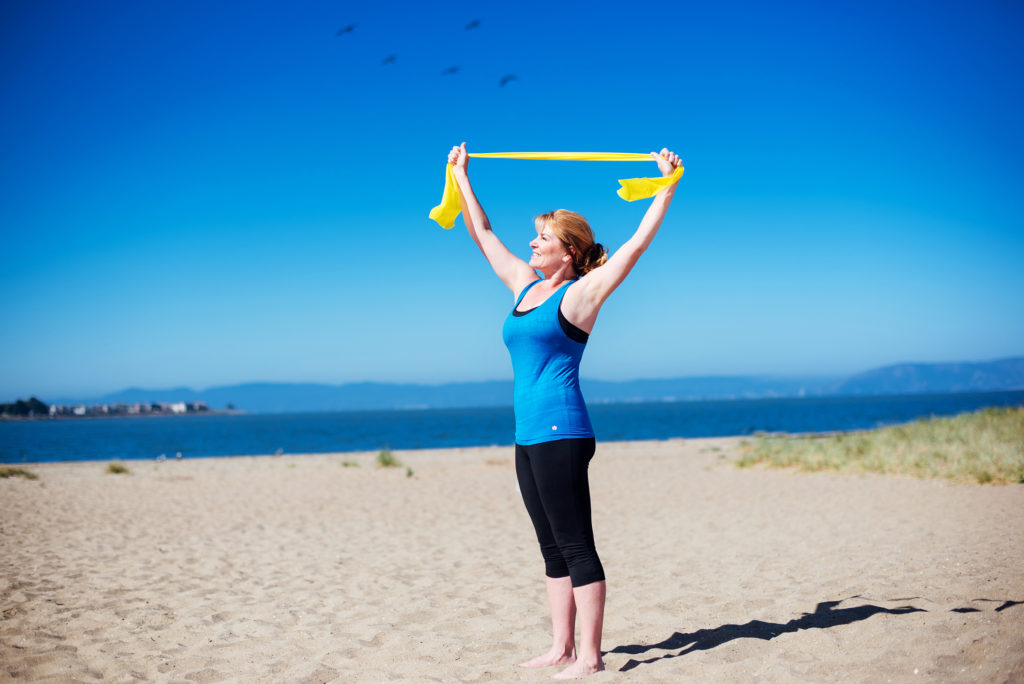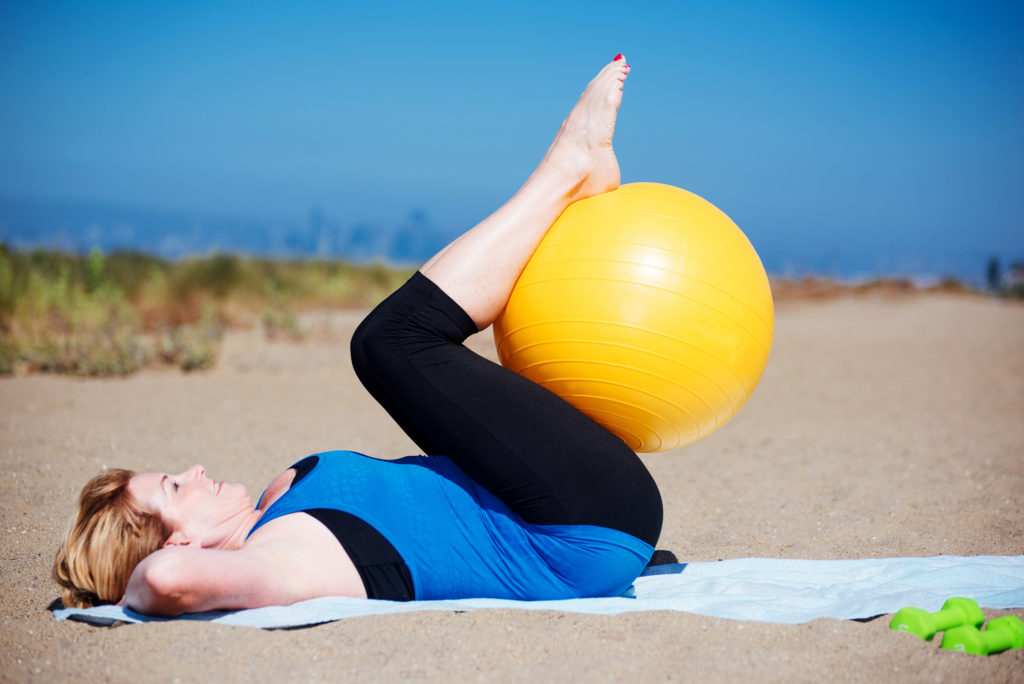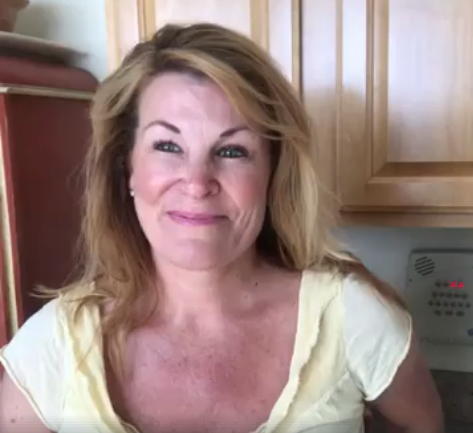Scales are an interesting object. They have no heart beat but can have a tremendous amount of power over people. These intimidating devices can cause so much anxiety that Facebook will not even approve ads that include pictures of scales due to “the negative feelings that the image can cause.” Scales rarely tell the whole story and can send you on an unnecessary roller coaster of emotions.
There was a time when I was obsessed with my weight and weighed myself daily. I was really thin, however I wasn’t very healthy mentally or physically. My philosophy was the lower the number and the smaller the pants size, the better. I’ll be the first to admit that my quest had very little to do with my health and a lot more to do with caring about what others thought about my body.
Fast forward to now and I rarely weigh myself these days. I no longer measure my self worth based on a number on a scale. I’ve learned to look at a scale as a tool that provides information. It has lost it’s power over me.
Hopefully, the scale is not something you struggle with. But if you are someone who does and are tired of it, you may be wondering how I have become so comfortable weighing myself. Let me share some secrets with you.
Ditch the daily weigh ins. I have nothing against weighing yourself periodically, but this day and night weighing in can drive you insane. Weight fluctuates for many reasons. If you are someone who looks at those numbers as simply data and do not get emotional about it, I see no issue with weighing yourself regularly. Even if the scale has no emotional power over you I still recommend limiting your weigh ins to once per week, or even monthly, and would totally avoid Mondays.
However, if you get all worked up or even depressed, then I suggest you toss your scale into the recycle bin or whatever is the best way to dispose of one these days. We haven’t owned a scale for years.
Your weight is very personal. Most people have a natural set point or weight that our body feels comfortable. Your natural set point is usually a weight that you are able to sustain long-term without feeling deprived or compromising your health. There are no two bodies that are the same so your set point is going to be very personal. Avoid focusing on only numbers and pay attention to things like: how your clothes fit, the results of your most recent physical, your energy levels, and your ability to function on a daily basis.
Embrace your body type. It’s way more peaceful and fun to be satisfied with a weight you can realistically maintain than suffer the emotional roller coaster that is attached to chronic dieting and constantly weighing yourself. Avoid comparing yourself to others. Some are long and lanky, some are curvy. Some build bulk and some do not. I am not suggesting you accept being unhealthy or uncomfortable. My desire for you is that you achieve your personal best–not what the media tells you is best for you.
My weight would be considered heavy or overweight by many of the decision makers in Hollywood. But walking down the street, I am considered slender. Once I stopped comparing myself to the models in the magazines and focused on self care, I stopped obsessing about my weight.
Remember–there is only one you! You are uniquely designed. Don’t let anyone set your goals for you—not the media, the medical community, your friends, or your family! When you are living your own life, you can achieve anything!
Blessings to you and yours,
Jennifer



